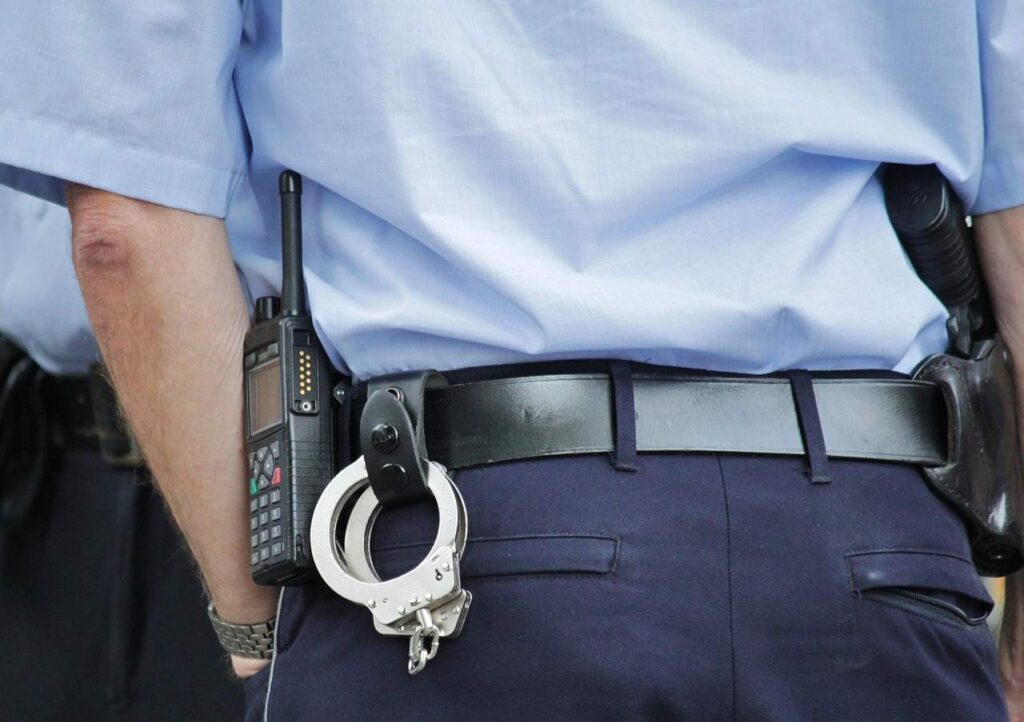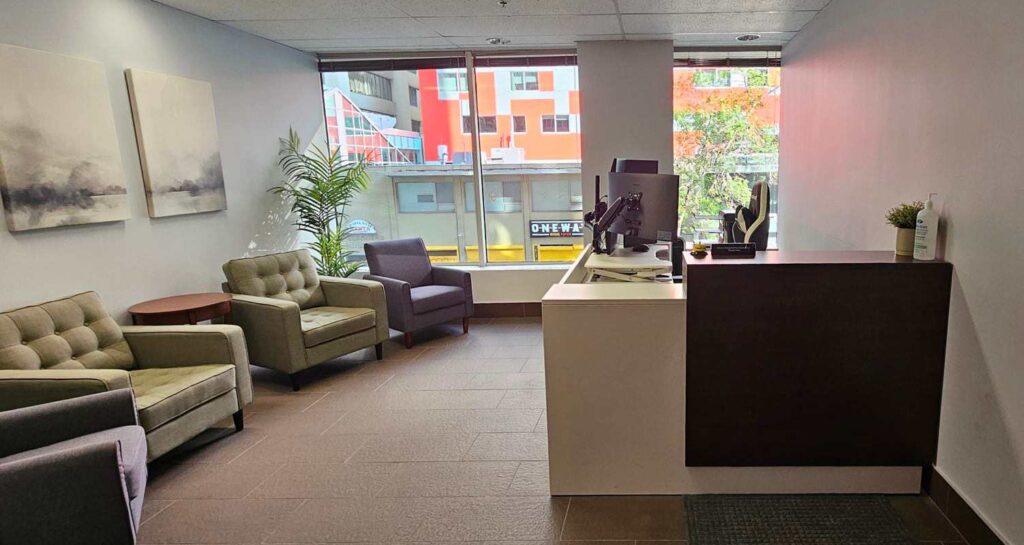Common Calgary Police Errors in DUI Investigations
Improper Traffic Stop Procedures
In Alberta, police must have lawful grounds before stopping a vehicle. If officers in Calgary conduct a traffic stop without reasonable suspicion — for example, pulling someone over arbitrarily without a valid reason — it may constitute a violation of Section 9 of the Canadian Charter of Rights and Freedoms (protection against arbitrary detention). Your lawyer can challenge the legality of the stop and seek to have all evidence gathered after the unlawful stop excluded.
Errors in Administering Roadside Breath Tests
Calgary police use approved screening devices (ASDs) to test for alcohol. However, officers must follow strict procedures — including proper calibration of the device and correct operation during the test. Mistakes such as failing to demand the test immediately, using a malfunctioning device, or not recording test results correctly can undermine the reliability of the evidence.
Failure to Respect Mandatory Waiting Periods or Timelines
Timing is critical in DUI investigations. Officers must respect mandatory waiting periods between the first and second breath samples and conduct testing within a legally acceptable time frame after the traffic stop. Delays in taking samples can lead to inaccurate readings, and a lawyer may argue that this affects the reliability of the results.
Breaches of Charter Rights
Common Charter breaches include failure to inform the accused of their right to counsel promptly (Section 10(b)) or not allowing a reasonable opportunity to contact a lawyer before testing. In Calgary courts, such breaches often result in exclusion of evidence if they impact the fairness of the trial.
Mishandling or Improper Storage of Evidence
Breath or blood samples must be collected, stored, and analyzed according to strict chain-of-custody rules. If Calgary police lose evidence, fail to refrigerate samples properly, or otherwise compromise the integrity of the evidence, your lawyer can seek to have it excluded.

Legal Consequences of Police Errors
Exclusion of Evidence Under the Charter
When Calgary police make procedural mistakes — such as unlawful traffic stops or failure to promptly offer the right to counsel — an impaired driving lawyer can bring a Charter application under sections 8, 9, or 10(b) of the Canadian Charter of Rights and Freedoms. If the court finds that your rights were violated, it can exclude the breath or blood test results under section 24(2) of the Charter. Without this key evidence, the Crown’s case often collapses, making an acquittal much more likely.
Case Dismissal or Reduction of Charges
Significant police errors can lead to the entire case being dismissed. Even if a full acquittal is not possible, skilled defence lawyers in Calgary may use these errors to negotiate a reduction of charges — for example, from a Criminal Code impaired driving offence to a non-criminal traffic violation.
Calgary Case Examples
Calgary courts have a history of dismissing DUI charges where police procedures were flawed:
- Failure to Respect Right to Counsel: In several Calgary Provincial Court cases, charges were stayed when officers delayed providing access to a lawyer, finding that this breach violated the accused’s section 10(b) rights.
- Improper Breath Test Procedures: Local cases have seen breathalyzer results excluded because officers failed to follow the mandatory observation period before taking a second sample, rendering the results unreliable.
- Unlawful Traffic Stops: Calgary judges have thrown out evidence gathered after stops that lacked reasonable grounds, reinforcing the protection against arbitrary detention.
How an Impaired Driving Lawyer Builds a Defence in Calgary

Reviewing Calgary Police Service Reports and Evidence
A skilled Calgary impaired driving lawyer begins by thoroughly reviewing Calgary Police Service (CPS) reports, officer notes, and any available body-worn camera footage. They also examine breathalyzer maintenance and calibration records to ensure the device was functioning properly at the time of testing. Any discrepancies or missing documentation can become a foundation for challenging the Crown’s case.
Cross-Examining Officers for Procedural Inconsistencies
Defence counsel will often cross-examine CPS officers to uncover inconsistencies in their version of events. For example, an officer’s testimony about the timeline for the traffic stop or the administration of roadside tests may conflict with dispatch records or video evidence. These inconsistencies can raise doubt about the reliability of the investigation and weaken the prosecution’s case.
Filing Charter Applications
When rights are violated — such as failure to offer the right to counsel, unlawful detention, or improper handling of evidence — your lawyer may file a Charter application under section 24(2) of the Canadian Charter of Rights and Freedoms. This seeks to have unlawfully obtained evidence (like breath or blood test results) excluded from trial. In many Calgary cases, successful Charter arguments have led to a full withdrawal of charges.
Using Expert Toxicologists
Expert toxicologists are frequently retained to review blood alcohol concentration (BAC) calculations. These experts can explain how improper sample collection, delayed testing, or machine malfunction may have produced inflated readings. Their testimony can create reasonable doubt about whether the accused’s BAC was actually above the legal limit at the time of driving.
Protecting Your Rights After a DUI Arrest in Calgary
Take Immediate Action After Being Charged
The moments after a DUI arrest are critical. As soon as you are released from custody, you should request full disclosure from the Crown — including Calgary Police Service reports, officer notes, and breathalyzer records. Your next step should be to contact an experienced Calgary impaired driving lawyer right away. Early legal advice can prevent you from making statements that could harm your case and ensure you understand your rights under the Canadian Charter of Rights and Freedoms.
Document Every Detail of the Stop and Arrest
Write down everything you remember about the traffic stop, the roadside screening, and your interactions with CPS officers. Key details include:
- The time and location of the stop.
- Whether you were told why you were stopped.
- How and when you were offered the right to counsel.
- Any delays before testing or issues with the testing equipment.
Secure Legal Representation Early
The sooner you involve a lawyer, the better your chances of protecting your rights. Early representation allows your lawyer to:
- File timely Charter applications to exclude unlawfully obtained evidence.
- Preserve critical evidence such as surveillance footage that may be deleted after a short period.
- Begin negotiations with the Crown before a trial date is set, which can sometimes lead to reduced charges or early resolution.
Prompt action can make the difference between a criminal conviction and a successful defence in Calgary’s courts.
Khalid Akram, Criminal Defence Lawyer, is the founding lawyer at Akram Law and has been practicing since 2015. He holds a B.Sc. from the University of Waterloo and a J.D. from the University of Windsor.
